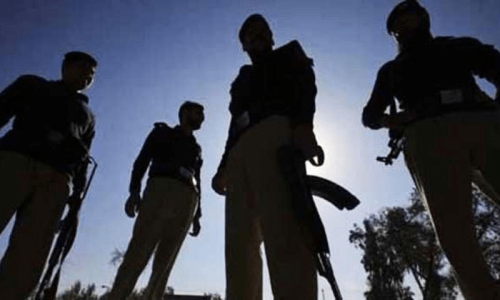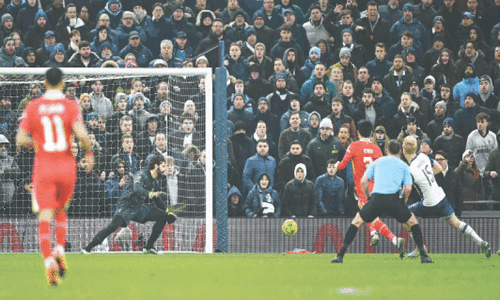ISLAMABAD: Pakistan on Thursday asked Afghanistan to hand over the arrested leader of militant Islamic State group — which is also known as Daesh — Aslam Farooqi for a probe into his activities against Pakistan.
The demand was conveyed to the Ambassador of Afghanistan, Atif Mashal, who was called to the Foreign Office for conveying Pakistan’s position on Farooqi’s arrest.
“It was underscored to the Ambassador that since Aslam Farooqi was involved in anti-Pakistan activities in Afghanistan, he should be handed over to Pakistan for further investigations,” the FO said in a statement and recalled that concerns about Daesh’s activities had been expressed on multiple occasions.
Farooqi, whose original name is Abdullah Orakzai, was arrested by Afghanistan on April 4 along with 19 other fighters. It was unclear where the arrests took place. He was, at the time of his arrest by Afghan intelligence agency National Directorate of Security, described as the mastermind of last month’s attack on a Sikh Gurdwara in Kabul in which 25 worshippers lost their lives and another 11 were wounded.
Farooqi was exactly a year ago elevated to lead Daesh’s Afghanistan-based Khorasan chapter in what appeared to be a coup within the terrorist group because the change had happened in the midst of rifts within the group. He had replaced Maulvi Ziaul Haq, known by the nom de guerre Abu Omar Khorasani. Publicly it was known that the change within the terrorist group was made because of “poor performance” and operational failures in late 2018 in eastern Nangarhar province under Zia’s leadership.
Farooqi’s arrest was seen as a major setback to the group in Afghanistan, which had already suffered because of counterterrorism operations of Afghan security forces and its coalition allies and desertions in ranks of the group. About 300 of Daesh fighters surrendered to Afghan security forces towards the end of last year.
It is estimated that the group has up to 2,500 fighters in Afghanistan.
The Foreign Office said that the Afghan envoy was told that the two sides should coordinate actions against the menace of terrorism, including through established mechanisms.
Published in Dawn, April 10th, 2020














































